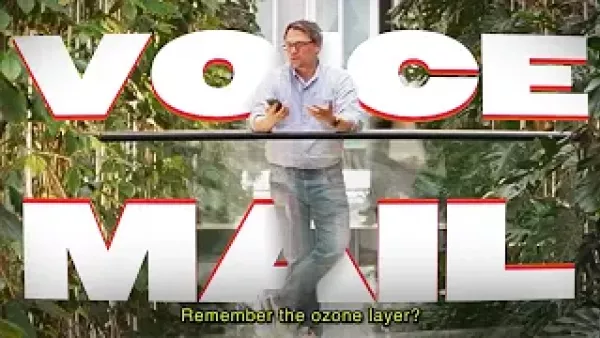With more than 10 million Europeans employed in the sector, transport is an essential part of the European Union’s economy and strategic importance. The Socialists and Democrats have set out a series of proposals to ensure that the European Union will be able to respect its target of reaching carbon neutrality by 2050. The phasing out of combustion engine cars by 2035, boosting inland water navigation within the EU, updating aviation rules and closing the gap between transport in the rural and urban areas, are just a few of the ambitious goals set in the Group's latest position paper on Sustainable and Smart Mobility.
Mohammed Chahim MEP, S&D Group vice-president in charge of Green Deal issues in the transport sector, said:
“As S&Ds, we welcome the Sustainable and Smart Mobility Strategy. We believe that it is time to take big steps in the decarbonisation of the transport sector. Besides an overarching strategy, we need a clear sectoral approach, and concrete private-public partnerships to make this transition a success story. We need this transition to sustainable and smart mobility to be just, inclusive and non-discriminatory. We need to make sure that sustainable and smart mobility is embraced by commuters because of its affordability and convenience. Next to ambitious targets for every sector, we ask the Commission to set a clear social agenda to promote higher social standards in the sector, including upskilling and reskilling and professional training of workers.
“In our paper, we list some of our key demands for the implementation of their strategy. One of the most important ones for me is that we ask the Commission to come up with a clear roadmap for the sector and to set a phase-out date for internal combustion engine cars. The automotive sector, just like many other sectors, needs clarity.”
Ismail Ertug MEP, S&D Group vice-president in charge of transport, said:
“The Commission’s Sustainable and Smart Mobility Strategy is an important roadmap to make the transport sector fit for its most profound transformation in the past decades. As S&Ds, we support the Commission in its general goal, but we still see serious shortcomings in several areas; for example the ambition of the uptake of zero-emission vehicles or the shift2rail. What we need foremost is massive public and private investments in future industries as well as reskilling of workers. The twin challenges of digitalisation and decarbonisation are an opportunity for more jobs, a more resilient European economy and a fairer society - if we set the right framework!”
In their position paper, the S&Ds propose:
- a clear end date for phasing out combustion engine cars and clear goals and also concrete measures for the transition period, which take into account the different social dimension in member states;
- the development of a binding roadmap for the social, occupational and regional consequences of the shift to sustainable mobility technologies;
- an ambitious revision of the Energy Taxation Directive, which aligns the taxation of energy products and electricity with the EUs’ environmental and climate policies;
- concrete measures to stimulate a shift in consumers’ mobility behaviour, including through-ticketing, multimodal solutions, affordability and a well-functioning transport network within and between cities as well as regions, and a focus on affordable and reliable public transport in the revision of the Urban Mobility Package, including treating public spaces as a common good; integration of smart mobility solutions into sustainable mass public transport systems;
- concrete measures to boost inland waterway navigation as a sustainable mode of transport for freight, in line with the Unions’ environmental policies and without neglecting the social dimension for affected regions;
- a comprehensive Aviation Package and concrete measures for the seafaring sector to tackle the disastrous working conditions in these two sectors;
- enhanced efforts in the implementation and application of existing EU labour law rules in the whole transport sector and strengthening of social dialogue and a specific EU strategy for re- and upskilling of workers and to mitigate the potential negative consequences of the shift to sustainable and smart mobility;
- inclusion of the rural dimension in the implementation of the strategy with concrete measures to preserve socioeconomic and territorial cohesion;
- proper sharing of data and data-integration between all relevant stakeholders, underpinned by strong cyber-resilience;
- horizontal application of the existing European data protection acquis and its principles when developing future legislation in the field of smart mobility, while making full use of the potential of AI in the transport sector, ensuring that the use of AI remains human-centric, respects European safety and liability standards and does not enable neglecting existing legislation;
- strong focus and investment in research and innovation.











